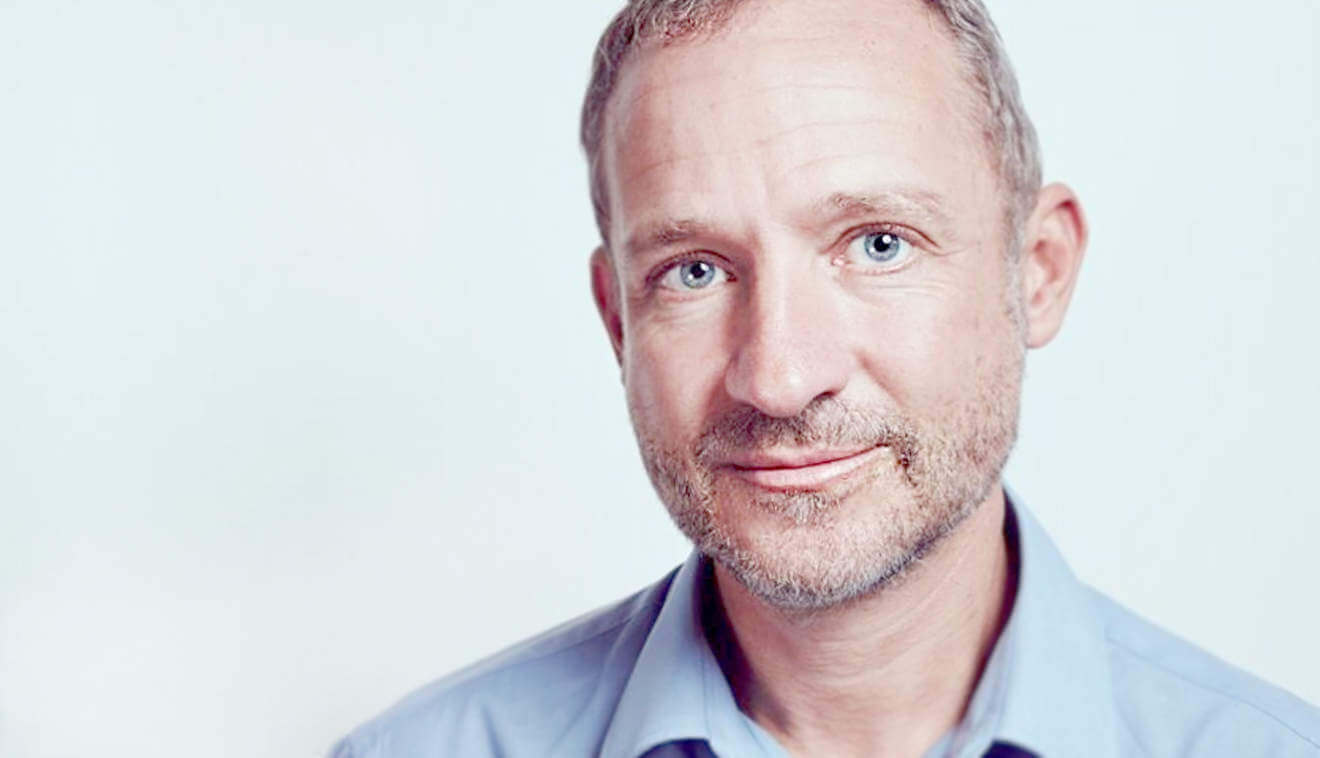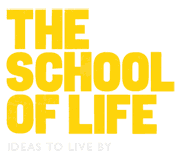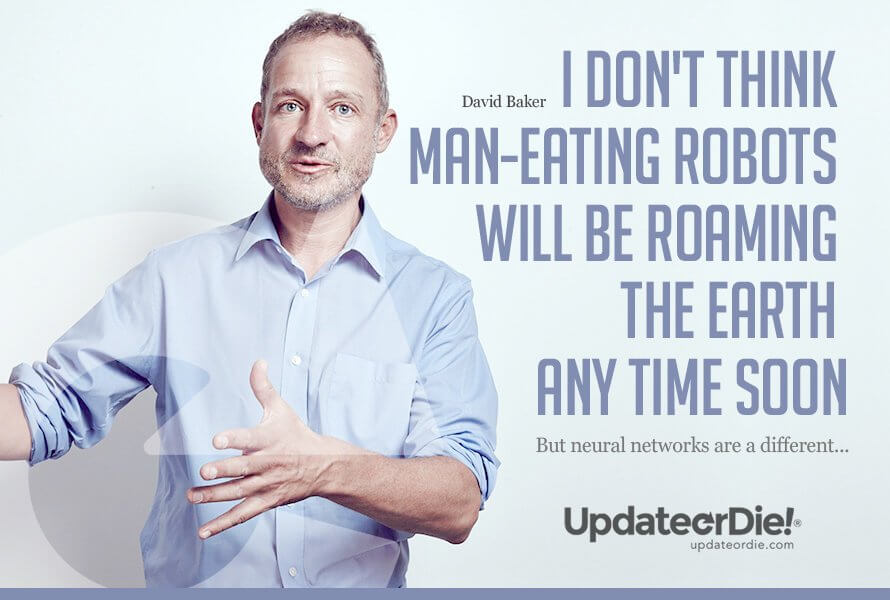
Conversamos com David Baker, um dos fundadores e editores da Wired UK e um dos principais membros do corpo docente da The School of Life em Londres.
 David tem escrito nos últimos anos sobre tecnologia e comportamento para algumas das mais reconhecidas publicações do mundo, como o Financial Times, The Guardian, Wallpaper, The Independent, Wired, The Face e em sua página pessoal. É reconhecido pela linguagem concisa e clara ao abordar assuntos complexos para um público não-especializado.
David tem escrito nos últimos anos sobre tecnologia e comportamento para algumas das mais reconhecidas publicações do mundo, como o Financial Times, The Guardian, Wallpaper, The Independent, Wired, The Face e em sua página pessoal. É reconhecido pela linguagem concisa e clara ao abordar assuntos complexos para um público não-especializado.
Na próxima semana teremos novamente a chance de encontrá-lo por aqui, na The School of Life do Brasil, onde fará parte mais uma vez (ele está sempre aqui pelo Brasil) de um intesivão que reúne as melhores aulas da instituição em cinco dias. Vai falar de coisas tão distintas quanto “A Arte da Gentileza”, “Como ser mais eficiente” e “Como encontrar sentido sem a religião”. É o tipo de dinâmica M&Ms que a gente adora.
Sobre a The School of Life
 A TSOL fica na Vila Madalena em São Paulo e se dedica a encontrar boas ideias para o dia a dia explorando questões fundamentais da vida em torno de temas como tecnologia, trabalho, amor, sociedade, família, cultura e, principalmente, o auto-conhecimento. Além da escola pioneira em Londres, a The School of Life chegou ao Brasil em 2013 e já conta com campi na Austrália, França, Turquia, Sérvia, Bélgica e Holanda. No Brasil, a The School of Life funciona desde 2013, com diversos programas e atividades para o público não especializado.
A TSOL fica na Vila Madalena em São Paulo e se dedica a encontrar boas ideias para o dia a dia explorando questões fundamentais da vida em torno de temas como tecnologia, trabalho, amor, sociedade, família, cultura e, principalmente, o auto-conhecimento. Além da escola pioneira em Londres, a The School of Life chegou ao Brasil em 2013 e já conta com campi na Austrália, França, Turquia, Sérvia, Bélgica e Holanda. No Brasil, a The School of Life funciona desde 2013, com diversos programas e atividades para o público não especializado.

ENTREVISTA DAVID BAKER
UoD: What technological developments will have the greatest impact on our future?
DB: There are so many. Technology is advancing and changing at such a fast pace now – the exponential curve for computing capability, for example, is almost vertical, and machine learning is becoming incredibly powerful – that we probably underestimate the effect the technology we are developing today will have on the future.
I’m a little worried about artificial intelligence I don’t think man-eating robots will be roaming the earth any time soon. (They will find it really difficult to negotiate our terribly designed cities, for example.) But neural networks are a different matter because they are learning and adapting in a way that is invisible to their makers. Our lives are already being affected in a very untransparent way by algorithms that we don’t know about – from benign examples like traffic light that make roads flow more freely to more sinister examples, such as the sentencing of felons in the US. And we have no real way of making these processes visible. I think that is one of the biggest challenges facing those of us interested in technology today.
But I am not anti technological advance. I am excited by the possibilities of gene-based medical treatment, for example. I don’t think we will live to be 200 any time soon (nor who would want to?) but I like the idea the medicine will find ways of treating us individually rather than as members of broad group of people who have similar symptoms.
UoD: Has our technology outstripped our moral development?
DB: It’s tempting to say “What moral development?”, but, as the philosopher Peter Singer has shown, the internet especially has given us opportunities to think more morally about issues such as inequality and violence. The problem is that technology, especially digital technology, provides a means for many of us to avoid moral censure. If we lived in a village in mediaeval Europe, our morals would be more on view (and more judged) by the people around us than they are on the internet. It depresses me how much vitriol, racism, misogyny, homophobia and simple bullying takes place online. We purse our lips and criticise is (and complain when companies like Twitter and Facebook fail to control it) but that’s just cowardice. We need to acknowledge that we have invented a huge amount of technology that allows us to act immorally and get away with it, and work out a technological way of calling people to account. It’s one reason I tend to stay off social media.

Why on earth are we spending 50 hours a week bored stiff in front of a computer?
UoD: Have you become more or less optimistic about the value of innovation and new technology?
DB: In one way I am very optimistic. I’m actually looking forward to the day robots will do many jobs we do nowadays and leave us to do things that actually have purpose and make us feel alive. This is a very big topic for us at The School of Life and it’s one we should all be thinking about. Why on earth are we spending 50 hours a week bored stiff in front of a computer screen producing spreadsheets to have meetings about, when we could be living life? If innovation can free us up from that, bring it on.
But the most important innovation we need to work out is not technological – it is a change in the world’s economic system. We are hooked on the idea of debt and growth and that is unsustainable. We can’t keep on growing for ever – and even if we did most of the money will end up in California or China or wherever the next tech giants will emerge. Bring on the death of GDP growth as a marker of success and that’s an innovation I would applaud.
UoD: The name of our community is “Update or Die”. Do you agree with this statement?
DB: It would be rude of me not to.